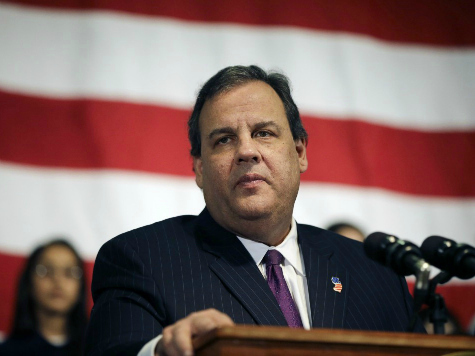
As Thursday’s first town hall after the incident proved, Bridgegate is the least of New Jersey’s worries. The biggest might be the economy. After promising to reduce spending and return New Jersey to some semblance of fiscal responsibility, Christie has instead delivered a record level of debt for the least economically solvent state in the Union.
New Jersey’s debt rose to a record-breaking $40.4 billion in the 2013 fiscal year, according to Bloomberg. This is the first year in four years that New Jersey did not reduce the pace of borrowing, instead amassing more debt to pay for a number of state services that Christie has promised to reduce.
According to the director of New Jersey’s public finance office, much of the increase has to do with money borrowed for the Transportation Trust Fund. New Jersey, he noted, needed extra money to fix up roads and improve mass transit. Other funds went to paying pensions and retiree health care. The Transportation Trust Fund is not directly related to the multiple scandals of the Christie administration regarding mass transit – most notably, the decision by senior Christie officials to close down the George Washington Bridge for political retribution and the inability to smoothly transport the millions in New Jersey to and from Metlife Stadium in the Meadowlands for this year’s Super Bowl. NJ Transit chief Jim Weinstein resigned shortly after the Super Bowl.
Governor Chris Christie promised during his inauguration speech this year to prevent the growth of a “bigger, more expansive government,” and ran a campaign based heavily on fiscal responsibility after former Governor Jon Corzine’s tenure was defined by lavish government spending and tax increases. Last month, the state announced that it would not be reaching revenue goals for the year, though Christie has so far refused to increase taxes significantly. A study by George Mason University’s Mercatus Center found recently that New Jersey is in the worst fiscal condition of any state in the nation, with insufficient means to generate revenue for the amount of spending it currently undergoes.

COMMENTS
Please let us know if you're having issues with commenting.